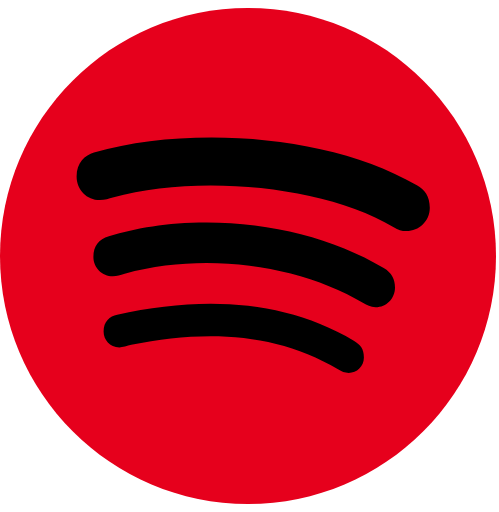We typically don't require much convincing to take some much-needed rest from the stressful reality of life and work. However, when it comes to taking time off from training, we often find this difficult, living by the mantra "more is better."
Ever heard someone say, 'I'll sleep when I'm dead' or 'rest days are for the weak'?
I've heard all of these sureties (and more) over the years while working with clients who believe more training directly translates to more results. However, unless people are radically under-training, this is rarely the case. This is where I step in to debunk that mindset and change their perspective on why a rest day is actually a growth day.
Yep, you heard me. It's time to consider calling your rest days' growth days'. Don't believe me? No problem, I'm here to help you change your mind with good old-fashioned science.
When we exercise, be it cardio, lifting weights, or sport-specific training, we go through the same relative processes to make the body move appropriately.
Blood diverts from the digestive system and related organs to the skeletal muscle, stored energy is used at a cellular level to support muscular contractions, and various hormones tell the body to convert stored fats and carbohydrates to energy sources.
As a result of the muscles repetitively working, microtears, or "microtrauma," occurs. In addition, our neurological systems are taxed as nerve cells provide the electrical energy to stimulate muscular contraction. This work and consequent tissue microtrauma require recovery, simultaneously stimulating growth and improvements in muscular strength.
When we rest, the recovery process can start; the microtears are repaired, which coincides with new tissue forming making the muscle stronger and larger over time. The CNS (central nervous system) needs to reboot and take time away from the repetitive intensity that exercise causes in order to adapt and become more resilient to future training sessions.
The time taken for complete recovery differs depending on the intensity and type of exercise. What we can be assured of is that rest does mean we repair, recover, grow and improve, regardless of our goal.
So how do we recover more efficiently?
Rename your "Days Off" to GROWTH DAYS. Do this mentally, as well as in any other records you may keep.
As I mentioned above, I start by encouraging a change of phrase. Instead of rest days, look at them as "growth days." Changing the way you look at a rest day can really help one's mentality adapt to the change of pace. By renaming a day off to a positive statement, the need and importance of these days will soon be accepted and welcomed.
Hydrate
Help your body with its recovery process by replacing the water lost when you train; this occurs not just when we sweat but also in our breath, muscle contraction, and various organ processes.
Refuel
Even if your goal is weight or fat loss, refueling post-workout is imperative to progress. We need to replenish energy and nutrient stores in order to assist with the repairs and to protect from any catabolic decline, either mentally or physically. Protein and carbohydrates are essential; look for a combination of single-ingredient foods, whole grains, and simple sugars to immediately replenish and then slowly release calories to improve satiety and long-term recovery.
Do a Light Recovery Session
Growth days don't have to mean you sit on your sofa with your feet up. A light recovery session that encourages blood and oxygen flow to the muscles can aid the rate at which we recover. Avoid anything intense and aim to work no harder than 6 out of 10 RPE (rate of perceived exertion). Ideas include yoga, a long walk, a light jog, or cycling.
Get Plenty of Sleep
This is where the magic happens. When we sleep, our waking processes slow, and some even stop altogether to allow your brain and body to focus on rebuilding and rebooting all of its integral functions. Muscles repair, our metabolism regulates, and our brain gets flushed out and reset. Aim to get at least 7 hours a night with a structured, daily sleep and wake pattern. Our bodies thrive on routine!
Relax both your body and mind
If you're anything like me, you'll say that exercise is your meditation, your time to switch off to life's stresses and busyness. But this is your opportunity to do something different. Meditation doesn't have to be sitting in a dark room with your eyes closed and legs crossed while humming endlessly. Do something that distracts you from the norm; reading, playing with your children, watching a movie, doing a puzzle, or even learning how to knit. Usually, anything that makes you happy will be relaxing and replenishing for both your mind and body.
Whether you're training to change your body, get stronger, faster, or improve in any way, take a growth day. Not only will you feel pumped to get back to your next session, but your body and mind will thank you for it, both now and in the future.
Please Let Us Know If You Enjoyed This Article.
Your Feedback Is Important To Us
Disclaimer: This content is for informational purposes only and is not meant as medical advice, nor is it to diagnose or treat any medical condition. Please consult your physician before starting or changing your diet or exercise program. Any use of this information is at the sole discretion and responsibility of the user.













